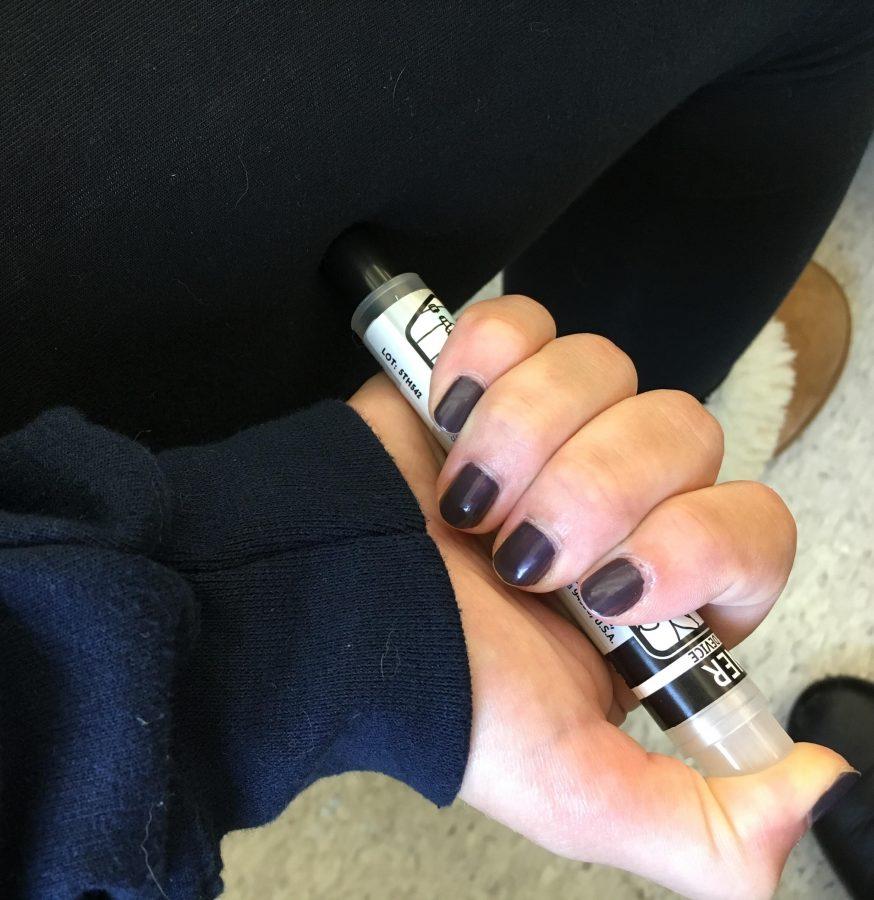EpiPen Cost Increase Causes Conflict
Controversy has recently emerged in the medical world over the gradual high increase of the price of EpiPens. Since 2009, the wholesale prices of this injection have increased nearly 500 percent, making it increasingly difficult for patients to receive and have easy access to the treatment they need.
“Millions of Americans with severe allergies rely on their EpiPens,” Democratic presidential candidate Hillary Clinton said in a statement. “When an allergic reaction leads to anaphylactic shock, a shot of epinephrine can literally be the difference between life and death. But now, just as parents are about to send kids with severe food and insect allergies back to school, the EpiPen’s manufacturer is hiking its price to an all-time high.”
“The AMA has long urged the pharmaceutical industry to exercise reasonable restraint in drug pricing, and, with lives on the line, we urge the manufacturer to do all it can to rein in these exorbitant costs,” president of American Medical Association (AMA) Dr. Andrew Gurman said in a statement. “With many parents required to buy two or more sets of EpiPens just to keep their children safe, the high cost of these devices may either keep them out of reach of people in need or force some families to choose between EpiPens and other essentials. The AMA will continue to promote market-based strategies to achieve access to and affordability of healthcare goods and services.”
In 2007, when the pharmaceutical company Mylan purchased the EpiPen, the price for one set of two EpiPens was $57. Now, according to prescription drug price comparison website GoodRX, a set of EpiPens costs about $600 without insurance coverage. Since 2009, when the price of a set of EpiPens was about $100, the price has skyrocketed about 500 percent, although the price varies throughout pharmacies. Although the EpiPen company has existed for decades, this extreme price increase has transformed it into a billion-dollar business.
“There is no reasonable alternative to [EpiPens] for [people who suffer from allergies], who may die if they do not have injectable epinephrine immediately available at home and work (or school) when anaphylaxis occurs,” executive Vice President of American Academy of Allergy, Asthma, and Immunology (AAAAI) Dr. Thomas Casale said in a statement. “Skyrocketing costs for autoinjectable epinephrine products place an unacceptable burden on our patients, and we vigorously support all efforts to address this urgent issue as quickly as possible.”
Patients who are unable to afford the expensive injection have resorted to desperate measures. Many have turned to filling their own syringes with epinephrine, which is a very problematic and potentially dangerous alternative. The price hike is also causing people to split up EpiPen packs, keeping one at home, and one at school, which is not recommended because a second dose may be required in cases of a severe attack.
“[EpiPens] are immensely important,” Southern Lehigh High School nurse Mrs. Merrilyn Pysher said. “They save lives. They buy us time to give the patient the right treatment. They are completely necessary and one of the most important steps to treating an anaphylactic reaction.”
Mylan has attempted to respond to this controversy in several ways. They have introduced what they call a “zero-pay” card that significantly cuts co-pay for those who have helpful insurance. However, it only reduces the cost by about 100 dollars for those with high deductibles or who are uninsured.
“The interesting thing is that the state gives schools free medication to treat some types of drug addiction, which is important, but it’s just as important and more common to have to treat kids with fatal allergies,” Mrs. Pysher said. “I would say we’ve been lucky that there are private companies that help us get one EpiPen a year for school. These kinds of programs are really helpful to us, and I think that more companies and more programs need to be offered to help people afford [EpiPens], because allergies are becoming more and more common.”
Anaphylaxis is a potentially life-threatening allergic reaction that can occur very quickly, even in a matter of seconds, after exposure to an allergen. EpiPens are extremely important and necessary to anyone who suffers from severe allergic reactions, because a shot of epinephrine is the first line of defense to treat the reaction. Up to 15 million Americans suffer from food allergies, and this potentially deadly disease affects every 1 in 13 children.
“I bring my EpiPen with me everywhere because I depend on it to be there if I do have an allergic reaction,” senior Alexandra Curtis said. “I think the increase in the EpiPen price is wrong, because it makes it harder for those who really need them to have access to them. It’s denying people their lifesaving medication and it’s morally wrong.”
Patients and anyone in the medical world are adamantly opposing and demanding a justification to the unreasonable price increase of these life-saving devices. Mylan has not directly responded to the controversy, but they are defending themselves by blaming insurance companies and high deductibles for the sharp price increase. Given how vital EpiPens are to patients’ health, many are hoping that Mylan will decrease their prices in response to public pressure and the dangerous inconvenience of their customers.

Senior Izza Choudhry is a four-year staff reporter and former one-year copy editor and one-year news editor, now serving as opinion editor for the Spotlight....

Caitlin Roth, a second-year staff member, has followed an unusual path towards success at the Spotlight. Her first year on staff, as a junior, Caitlin...


